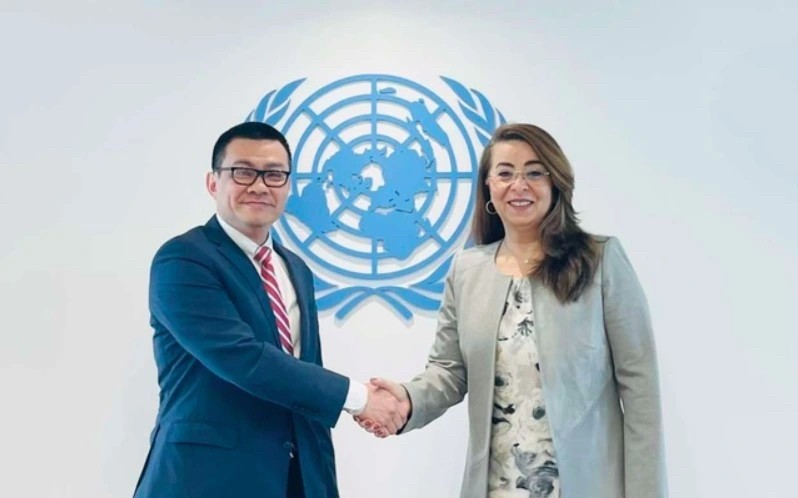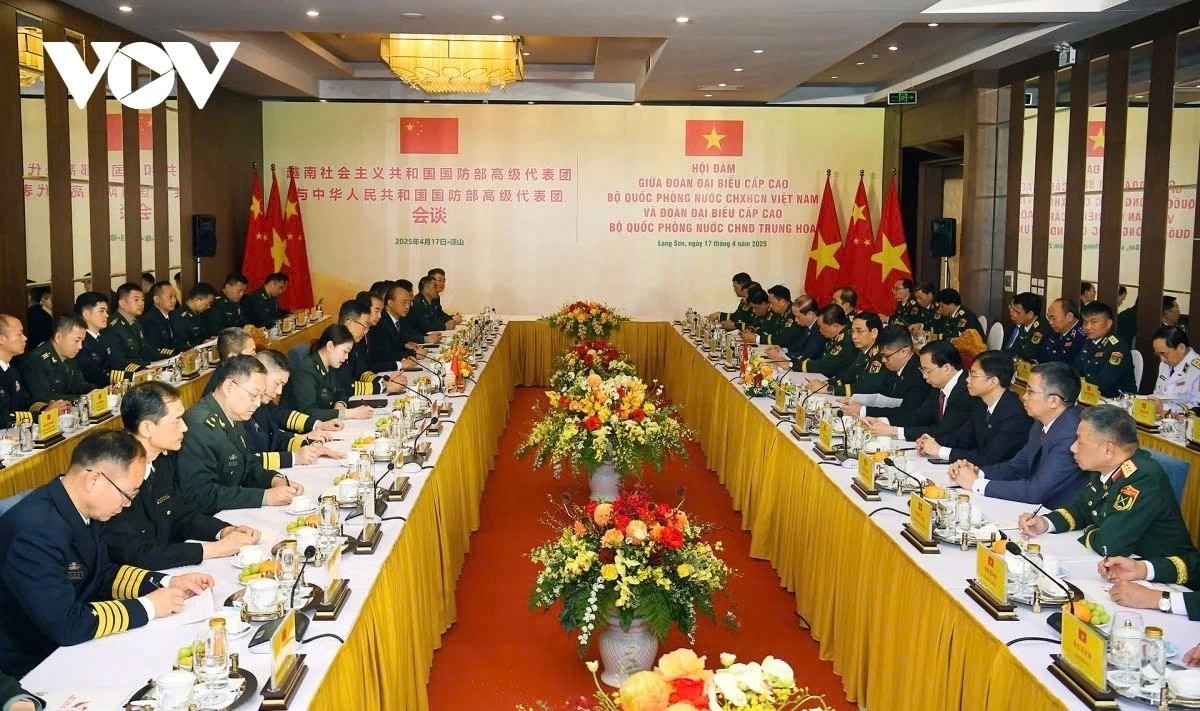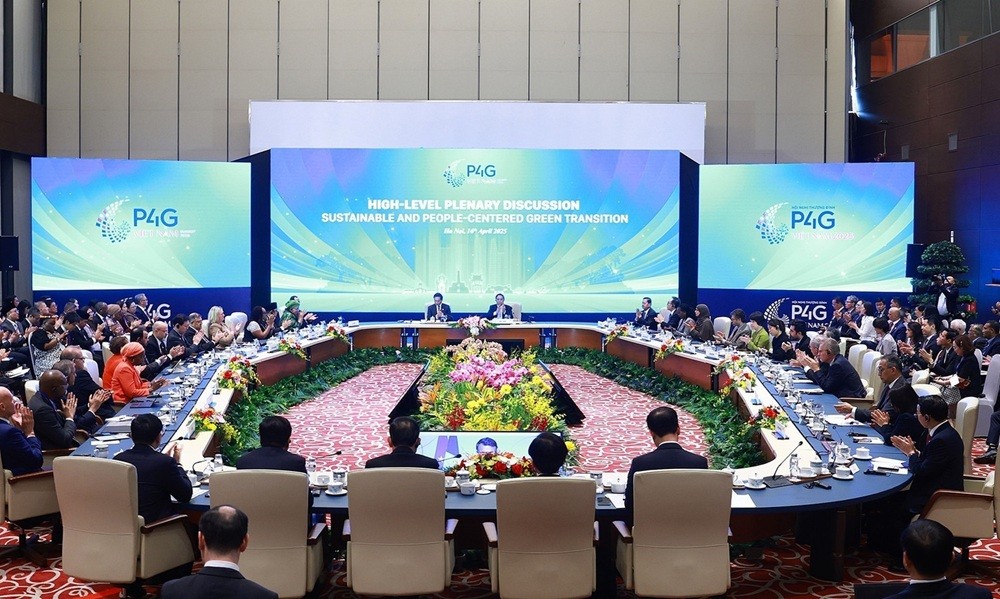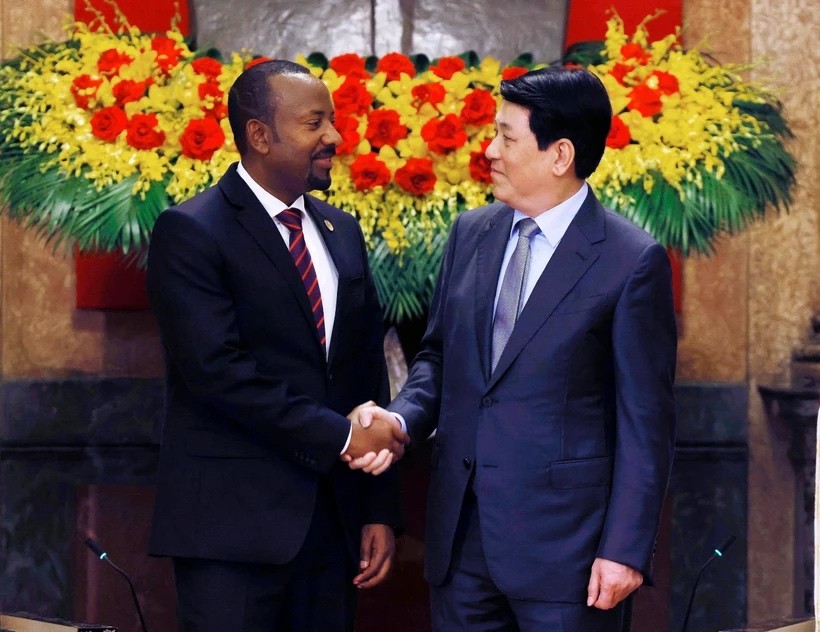Child sexual abuse: challengings in collecting evidence
(VNF) - Dozens of challengings in verification and investigation relating to child sexual abuse were raised during the workshop “Prevention of Child sexual abuse – From law, Policy to Practice” taking place in Hanoi, in December 7th.
The workshop was organized by CSAGA in cooperation with Dutch Embassy in Vietnam, within the framework of the communicaion campain “Can not wait”.
Opening remarks, Nguyen Van Anh, Director of CSAGA, said the public has been very pressing about child sexual abuse. Statistic show that in the first six months of the year, there were 800 sexual assault against children, with an average of 10 hours per case. Many cases have been denounced, but they are not quickly brought to trial, once again discouraging the public.
Mrs Nguyen Van Anh, Director of CSAGA opening remarks
Regardng this issue, Khong Ngoc Oanh, Head of P6/C45 shared challengings in prevention the child sexual abuse crimes.
Challengings in verfication and investigation of child sexual abuse crimes
Most of child sexual abuse cases occur in isolated palces, especiallly in rural areas, remote and mountain areas, which are often found late, so it is difficult to collect the biological evidence such as blood, hair, semen and other traces. It is difficult to determine the age because many victims do not have or have wrong birth cerfitication. Trace detection and age not timely so it is difficult to prove crimes, the molestation is very difficult because of little to trace.
In addition, according to Oanh, the victims are still young, have not developed, stabilized awareness, and get aftershocks due to the behavior of intercource, so the statement is offen scattered, inacurate, even the victims cange the testimony, or it is difficult to gather accurate evidence and documents.
Mr. Khong Ngoc Oanh, Head of P6/C45
Moreover, shame, fear and future influence make children and relatives feel guilty, do not want to denounce the crime, avoid cooperation or collaboration, provide incomplete information.
Most of child sexual abuse cases do not have direct witnesses because of the abusers’s choice of space, time and place of quiteness and privacy.
Many police officers, procurators are not trained, do not have experience, skills in working with children, so it’s difficult to collect the evidence.
Improve judicial activities in child sexual abuse cases
Dr. Hoang Anh Tuyen, Department of Legislation and Science Management, the Superme People’s Procuracy of Vietnam shared about solutions to improve judicial activities in child sexual abuse cases.
According to Hoang Anh Tuyen, it is neccessary to enhance professional qualifications, reponsibilities, professional spirit, training moral qualities of officials and procurators.
Many police official have not had the skills to work with the victims, often questioned, attributed to the children. Victims are young children who have suffered from aftershocks due to sexual assault and are more vulnerable to be investigated, and thus have not reported adequately.
Dr. Hoang Anh Tuyen, Department of Legislation and Science Management, the Superme People’s Procuracy of Vietnam
It needs to strengthen the prosecution responsibility in investigating and attaching prosecution to investigation activities.
Mr. Tuyen said, when the case is prosecuted, in addition to the testimony of the victim, need to timely gather material evidence (such as hair samples, clothing, semen), timely review at the scene , identify the scene where the crime occurred.
Violence against the child and child sexual abuse are the serious problems to children worldwide. Anyone can be abuser, such as: teachers, schoolguards, relatives and aquaintances. Abusers could be both Vietnamese and foreigners, outside and on the internet. Victims can be at any age, so it needs to strengthen communication and education methods and preventive measures./.
VNF
Recommended
 National
National
Vietnam News Today (Apr. 19): UN, Vietnam Step Up Efforts on Cybercrime Convention
 National
National
Vietnam News Today (Apr. 18): P4G Summit in Vietnam - Beacon of Hope for Global Climate Action
 National
National
People must come first to achieve development goals: P4G
 National
National
Vietnam News Today (Apr. 17): Vietnam a Trustworthy Friend of Ethiopian People
 National
National
Vietnam News Today (Apr. 16): EU Eyes Comprehensive Strategic Partnership With Vietnam
 National
National
Ethiopian PM Begins Official Visit to Vietnam
 National
National
Top leaders of Vietnam, China hold talks in Hanoi
 National
National
